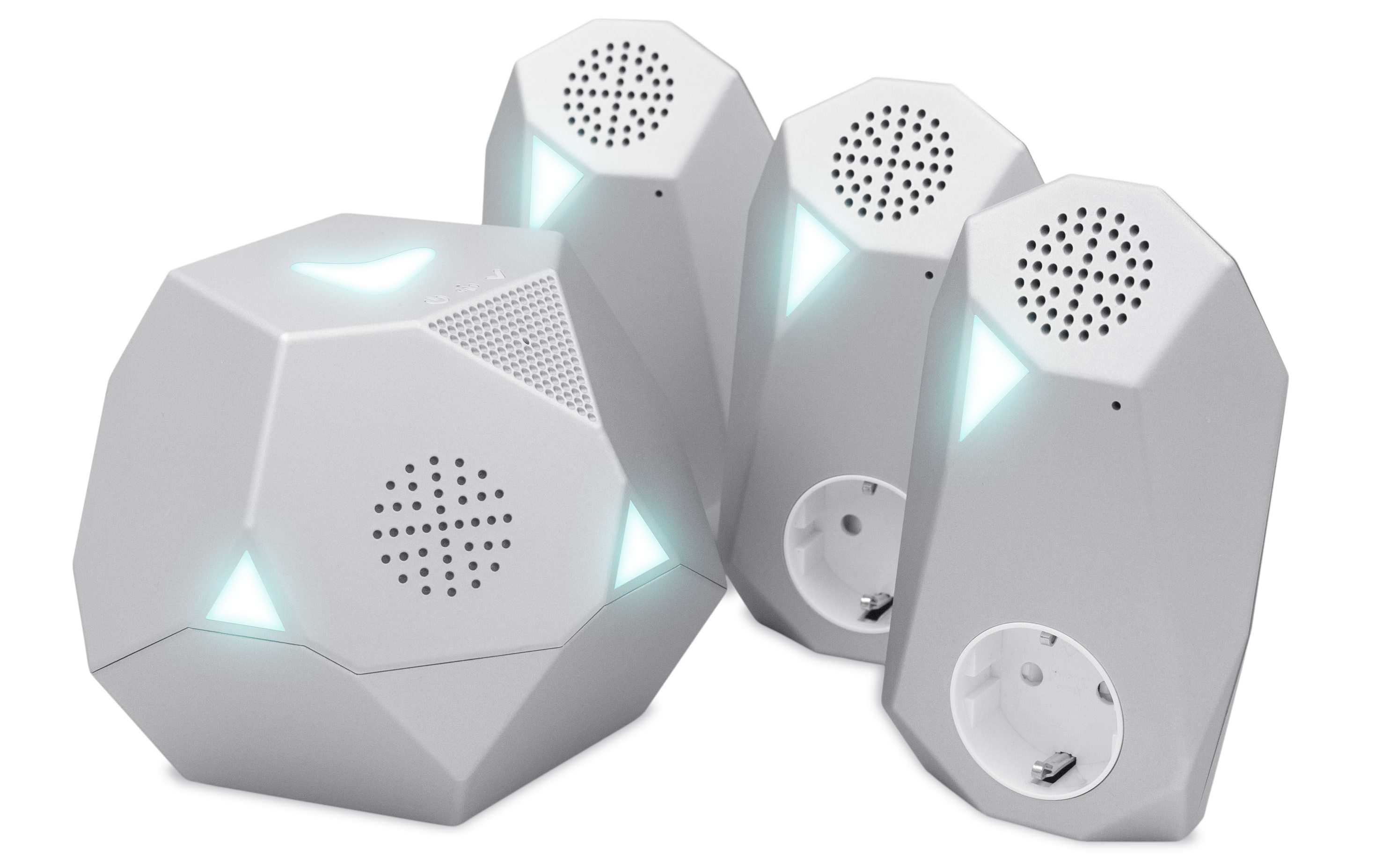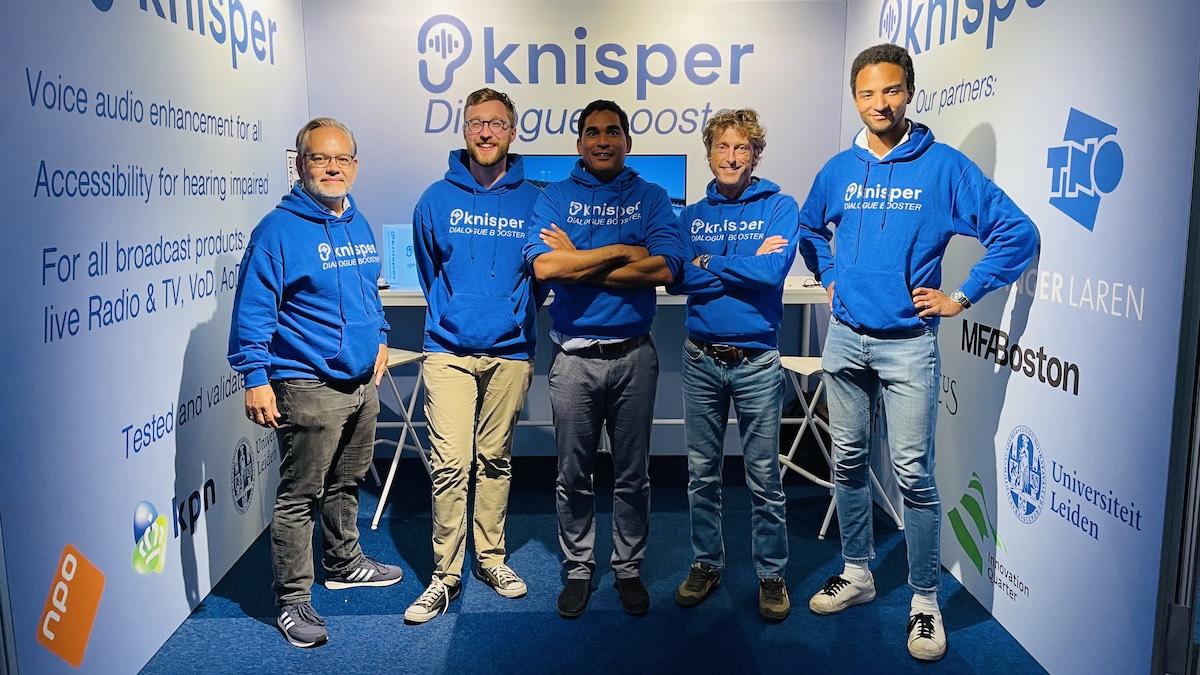
Acapela, Knisper, Visualfy, and Whispp are harnessing AI technology to cater to a wider range of customers.
Improving the lives of people with disabilities is a commendable objective, but historically, venture capitalists have not shown much interest in accessibility technology. In 2022, early-stage investments in disability tech companies totaled approximately $4 billion, a mere fraction of the funding received by industries like fintech. This lack of investment is partly due to the perception that disability tech startups cater to a narrow market and may struggle to achieve business viability at the scale required by venture capital. However, some companies in this field have expanded their focus to serve a broader audience, often incorporating AI technology to enhance their offerings. Balancing the need for a viable business model with the mission of improving accessibility is crucial for these startups, as is the strategic use of AI to meet due diligence requirements. Despite these challenges, some accessibility-focused startups have successfully navigated these complexities and are worth examining. Here are four European startups that have effectively addressed these considerations.
Visualfy is a software application.
 |
| Image Credits: Visualfy |
Visualfy utilizes AI to enhance the quality of life for individuals with hearing impairments. The Spanish startup focuses on promoting safety and independence, offering an AI-powered sound recognition system that can identify sounds such as fire alarms and a baby crying at home. According to CEO Manel Alcaide, AI plays a crucial role in their business.
The company provides consumers with an app that complements Visualfy Home, a hardware suite comprising three detectors and a central device. Additionally, Visualfy has expanded into the public sector with Visualfy Places, and recently secured funding from Renfe, Spain's national state-owned railway company.
Visualfy is gaining traction in the B2B sector due to the requirement for public venues to ensure accessibility, especially in matters of health and safety.
Alcaide mentioned in an interview that the devices and PA systems installed by Visualfy in venues like stadiums could also monitor air quality and other metrics. Meeting these additional objectives in the EU could make companies eligible for subsidies while also benefiting deaf individuals.
The company remains committed to prioritizing the needs of deaf individuals, operating as a B Corp and employing both hearing and non-hearing individuals. Alcaide emphasized the importance of including deaf individuals in all aspects of the business as a moral stance and for better design.
Crackling
 |
| Image Credits: Audus Technologies |
The number of people with some form of hearing loss is projected to reach 2.5 billion by 2050, creating a growing market. However, many individuals, due to reasons such as cost and stigma, choose not to use hearing aids. Audus Technologies, a Dutch B2B startup, aims to target this audience with its product, Knisper.
Knisper utilizes AI to enhance speech clarity in various environments like cinemas, museums, public transportation, and work calls. Unlike traditional hearing aids, Knisper is able to improve speech intelligibility without increasing background noise, making it comfortable for everyone to use.
Marciano Ferrier, the founder of Audus and a former ENT doctor, explained that achieving these results without AI was not feasible. Knisper underwent extensive training on thousands of videos in different languages and variations, ultimately leading to its development.
Audus is now shifting its focus from development to adoption, as stated by managing director Joost Taverne. The company is already collaborating with museums and a Dutch publishing house to make audio content more accessible. By targeting noisy environments like museums, Knisper's technology benefits not only those with hearing loss but the general public as well, making it easier for adoption.
Whispp is a messaging app
 |
| Image Credits: Whispp |
Another Dutch startup, Whispp, is also centered around speech technology, but with a unique approach. According to TechCrunch's coverage of CES earlier this year, their technology can instantly transform whispered speech into a natural voice. Whispp is bringing electronic larynx voice boxes into the modern era.
Whispp's primary target audience consists of approximately 300 million people worldwide who have voice disabilities but still possess clear articulation, a group that is currently underserved. This includes individuals with voice disorders that limit them to whispering or using esophageal voice, as well as those who stutter, like CEO Joris Castermans, who experiences improved speech when whispering.
For individuals with reduced articulation due to conditions such as ALS, MS, Parkinson's, or strokes, existing solutions like text-to-speech apps have drawbacks such as high latency. This may not be a favorable tradeoff for those who are still able to articulate effectively.
With the help of audio-to-audio AI, Whispp is able to offer real-time voice production that is language agnostic and sounds natural. It can even mimic a user's own voice if a sample is provided. Additionally, Whispp's lack of intermediary text makes it more secure than other alternatives, which could be beneficial for non-silent patients who need to have confidential conversations.
The willingness of users without voice issues to pay for Whispp's technology is uncertain, but the company has multiple potential revenue streams to explore within its core audience, including the subscription fee for its voice calling app.
Acapela is a company that specializes in speech synthesis technology
 |
| Image Credits: Acapela Group |
